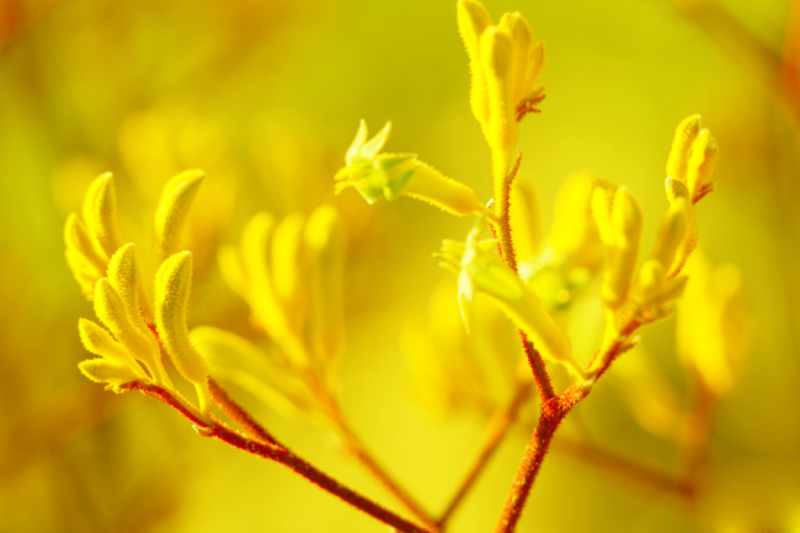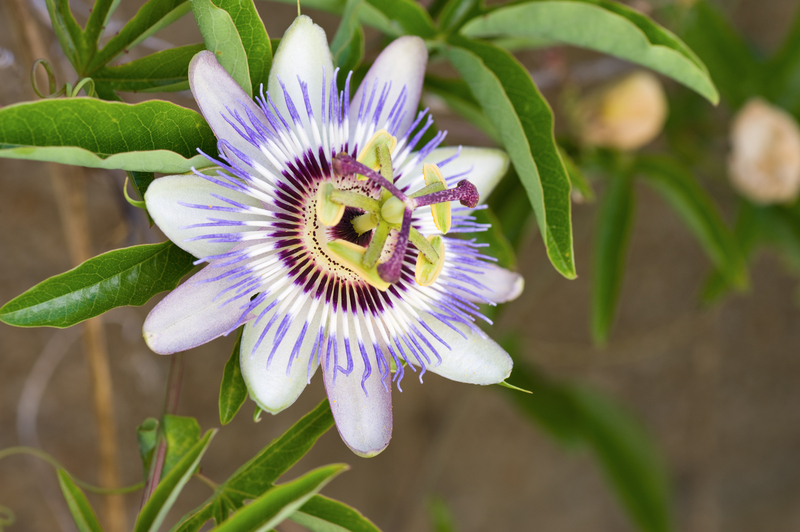Master the Art of Gardening with These 9 Tips for Beginners
Posted on 29/09/2025
Master the Art of Gardening with These 9 Tips for Beginners
Gardening is more than just planting seeds--it's a fulfilling blend of creativity, patience, and knowledge. Whether you dream of blossoming flowerbeds or fresh vegetables at your dinner table, starting your own garden can transform your home and lifestyle. If you're new to sowing and nurturing plants, don't worry: with the right guidance, you can cultivate your gardening skills and enjoy the bountiful rewards of a thriving garden.
In this comprehensive guide, discover nine essential tips for beginner gardeners. These tried-and-tested insights will help you develop a green thumb and avoid common pitfalls. Embark on your gardening journey today and watch your world bloom!
1. Choose the Right Location
The foundation of successful gardening begins with selecting an optimal spot for your plants. Not all locations in your yard are created equal--some may receive too much shade, while others might be exposed to harsh winds or inadequate drainage.
- Observe Sun Patterns: Most vegetables and flowers require at least 6 hours of direct sunlight daily. Spend a day noting how the sun moves across your garden and choose the brightest spot.
- Check Soil Drainage: Water should soak in, not pool on the surface. If your chosen area is prone to flooding, consider building raised beds or using containers.
- Wind and Shelter: Some plants can suffer from strong winds. If your site is exposed, plant a hedge or use trellises as windbreaks.
When you master these basic site selection criteria, you lay the groundwork for a flourishing garden.

2. Understand Your Soil
Soil health is the backbone of any good garden. The type and quality of your soil affect everything from plant growth to resistance against disease and pests. It's essential for beginners in gardening to get to know their soil before planting.
- Test Your Soil: Purchase a simple soil testing kit to determine pH levels and nutrient content.
- Soil Types: Identify if your soil is sandy, clay, loamy, or silty. Each type holds water and nutrients differently.
- Enrich Your Soil: Add organic matter like compost or well-rotted manure to boost fertility.
A healthy, nutrient-rich soil acts as a strong foundation, helping any novice gardener cultivate plants successfully.
3. Pick Suitable Plants for Beginners
Not all plants are created equal, especially when you're just learning how to garden. Some species are forgiving and easy to care for, making them perfect for newcomers. Gradually expand your collection as your confidence grows.
- Low-Maintenance Vegetables: Lettuce, radishes, and green beans are quick to sprout and require minimal attention.
- Hardy Flowers: Marigolds, sunflowers, and zinnias are resilient and offer instant color.
- Perennial Herbs: Chives, mint, and oregano come back year after year and need little fuss.
Start simple, reap rewards quickly, and build your gardening expertise as you progress!
4. Plan Before You Plant
Great gardens are born from thoughtful planning rather than random planting. Spend time designing your garden layout on paper before buying seeds or plants:
- Space Matters: Overcrowding leads to disease and poor yields. Respect spacing recommendations on seed packets.
- Companion Planting: Some plants, like tomatoes and basil, benefit each other when planted together. Do a little research for ideal pairs.
- Seasonal Planning: Learn your region's growing seasons and plant accordingly. Knowing first and last frost dates helps, too.
Effective planning lets you maximize yields and minimize problems, ensuring a satisfying gardening experience even for those just starting out.
5. Water Wisely
Proper watering technique distinguishes an amateur from a skilled gardener. Overwatering can smother roots, while underwatering causes wilting and stress.
- Water Deeply and Less Often: It's better to give plants a thorough soak occasionally than sprinkle lightly every day.
- Morning Routines: Water in the morning to give plants time to absorb moisture before the midday sun. Evening waterings can invite disease, as moisture lingers overnight.
- Mulch Magic: Use organic mulch like straw or bark to retain soil moisture and reduce evaporation.
As you master watering, your garden will flourish, and you'll use less water overall--a win for you and the environment!
6. Feed Your Plants
Plants, like people, require nourishment. Beyond water and sunlight, your garden will thrive if you provide the right kind of food (fertilizer) at the right time.
- Start with Compost: Homemade or store-bought compost delivers essential nutrients gently and sustainably.
- All-Purpose Fertilizers: Look for balanced fertilizers labeled 10-10-10, providing equal parts nitrogen, phosphorus, and potassium.
- Know Your Plants: Some vegetables and flowers have specific nutrient needs--for example, tomatoes love extra calcium.
Apply fertilizers according to package instructions and remember: more isn't always better! Use a light touch for lush, healthy plants.
7. Keep Pests and Diseases in Check
Every gardener faces pests or disease at some point. The best defense is observation and intervention before problems spread.
- Inspect Regularly: Walk through your garden every day or two. Early signs of trouble include holes in leaves, discoloration, or stunted growth.
- Encourage Beneficial Insects: Ladybugs and lacewings feast on harmful pests--invite them by planting flowers like dill or yarrow.
- Non-Toxic Options: Use neem oil, insecticidal soap, or homemade garlic sprays for eco-friendly pest control.
Healthy plants resist disease better, so focus on prevention for long-term gardening success.
8. Practice Patience and Observe
Patience is a gardener's best friend. Gardens grow in their own time, and many lessons are learned through observation. Beginners tend to want quick results, but nature rewards those who watch and wait.
- Track Changes: Keep a gardening journal--note what works, what doesn't, and when blooms or harvests appear.
- Celebrate Small Wins: Enjoy each sprout and bloom along the way. Every new leaf signals your progress!
- Learn from Mistakes: Every failed plant is a lesson for better growth next season.
Observing your garden closely teaches you the nuances of growth, slugs, weather changes, and plant preferences--skills that separate master gardeners from beginners.

9. Keep Expanding Your Knowledge
The world of gardening is endlessly fascinating and ever-evolving. Even expert gardeners learn new techniques, plant varieties, and solutions every year.
- Read and Research: Dive into books, reputable websites, and local gardening magazines.
- Connect with Community: Join gardening clubs, online forums, or local workshops for shared wisdom and encouragement.
- Experiment: Try a new vegetable, flower, or method each season. Growth comes with practice and curiosity.
Let your enthusiasm for gardening lead you to new discoveries and rewarding experiences.
Conclusion: Begin Your Green Thumb Journey
Embarking on a gardening adventure opens up a world of beauty, nourishment, and joy. By following these nine essential tips for beginner gardeners, you'll lay a solid foundation for years of abundant harvests and vibrant blooms. From choosing the perfect location and nurturing healthy soil to ongoing learning and patience, each step brings you closer to mastering the art of gardening.
Remember: Gardening is a continuous journey filled with growth and discovery. With these beginner gardening tips, you are equipped to nurture your plants, reconnect with nature, and harvest the satisfaction that comes from cultivating your own green haven.
Ready to Grow?
With the right guidance and a little bit of patience, anyone can create a flourishing garden. Start today, and watch your thumb turn green!
- Share this guide with friends and family looking to master the art of gardening!
- Bookmark our site for more gardening tips for beginners and expert advice.
Latest Posts
Master the Art of Gardening with These 9 Tips for Beginners
Exploring the Essence of Container Gardening
Discover 5 low-cost, easy-care garden solutions

